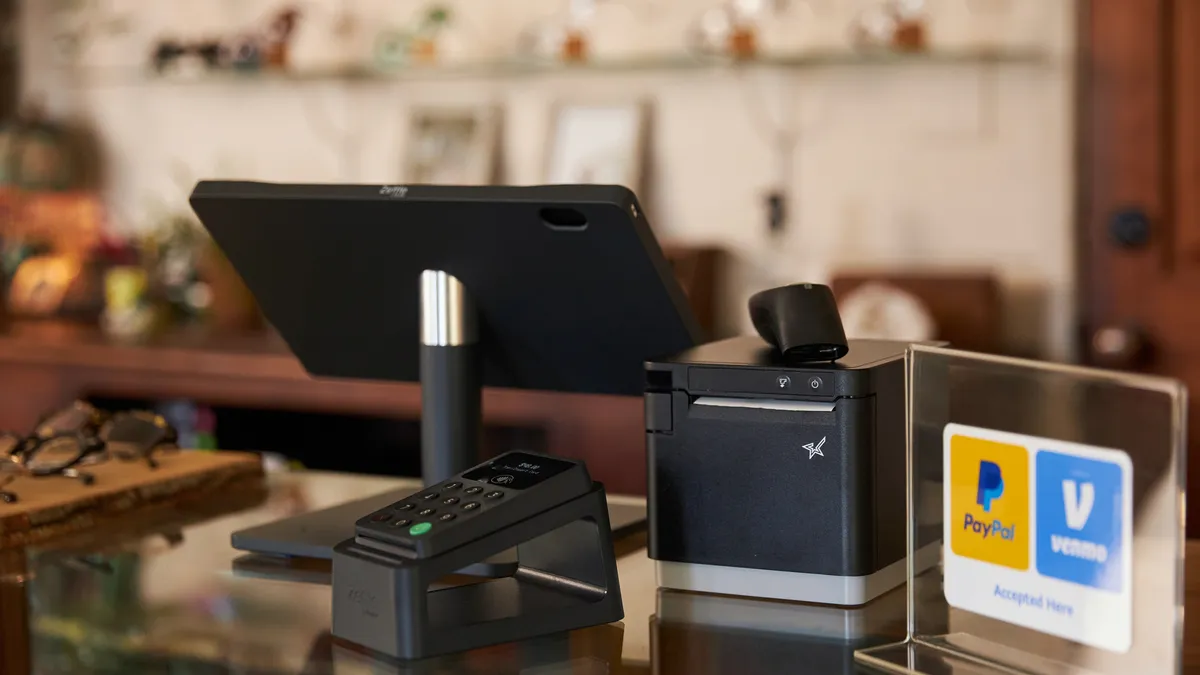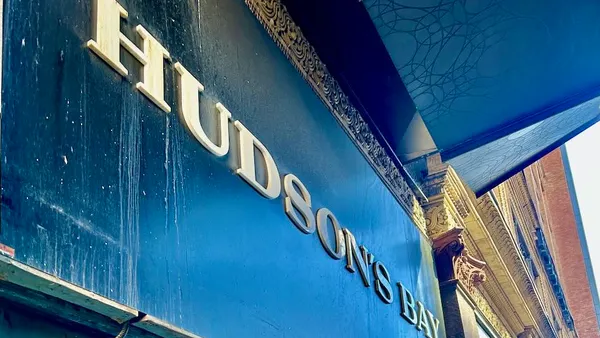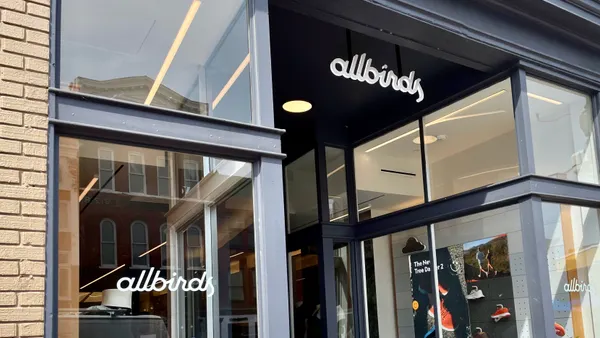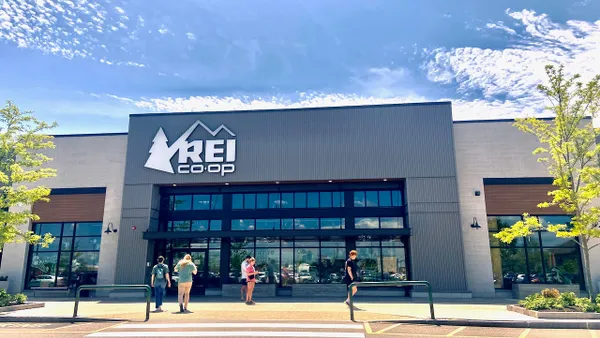Dive Brief:
- Digital payments player PayPal is increasing the amount it charges merchants to offer its buy now, pay later service to their customers, increasing the rate to 4.99% of the transaction plus 49 cents, from 3.49% plus 49 cents, starting Jan. 13, according to a report from RBC Capital Markets analyst Dan Perlin.
- “These changes are in line with management's price to value strategy, as well as enables PayPal to better show the BNPL value proposition for merchants,” Perlin said in the Wednesday report.
- A PayPal spokesperson confirmed that the company has “updated” prices for U.S. merchants that use its PayPal and Braintree services, affecting its PayPal Pay Later, alternative payment methods, advanced credit/debit payments and virtual terminal on that date next month.
Dive Insight:
Since PayPal’s appointment of Alex Chriss as CEO in September 2023, the company has renewed its focus on profitable growth. To that end, the San Jose, California-based payments services provider has sought to renegotiate contracts and boost pricing with some merchants that use its services.
PayPal spokesperson Nicole Cutler said the prices increases were justified by increased features that the company has added to the services in recent years.
“We regularly review our pricing structure to align with broader economic factors, industry shifts, and the impact our products provide for our customers,” Cutler said by email to sister publication Payments Dive on Thursday. “Over the past few years, PayPal has launched new innovations and features to better support merchants and help enable growth.”
Buy now, pay later services have become popular with consumers, allowing them to pay for goods and services over a short period of time in installments, sometimes avoiding any fees if they make payments on time. Other companies that began offering those services to merchants, including Klarna, Affirm and Afterpay, have become major players in the payments arena over the past decade.
PayPal’s increased prices may still be lower than some of those BNPL competitors, and Cutler pointed to that as support for the company’s price changes. “The new pricing for PayPal Pay Later options is still lower than other notable providers in the industry,” Cutler said. She referenced a post from the payments company Block, which owns Afterpay and merchant services provider Square, showing a price of 6% per transaction plus 30 cents.
A May 2023 pricing sheet from the Swedish BNPL provider Klarna also displays a higher rate, with a U.S. charge to merchants of 5.99% of the transaction, plus 30 cents. Klarna spokesperson John Craske declined to comment specifically on what Klarna charges merchants, but as an indicator of that figure he said the company’s “revenue as a percentage of gross merchandise value” through September was 2.56%.
Craske noted that contracts with Klarna’s merchants are individually negotiated. That’s common practice in the industry, with larger merchants generally being able to nab lower pricing.
A surge in U.S. inflation over the past few years has also led some service providers to increase their prices. While the rate of increase has decelerated over the three years, the 2.7% increase for November reported Thursday is still higher than in March 2021.
“To better align with changes in the economic landscape, while incorporating the enhanced features delivered for customers, we have updated our U.S. pricing, applicable to U.S. PayPal business accounts and U.S. Braintree accounts,” Cutler said.
PayPal is also increasing the price it charges merchants for alternative payment methods and for advanced card transactions to 2.89%, from 2.59%. In addition, it's increasing the amount charged for use of its virtual terminal to 3.39%, from 3.09%.
















